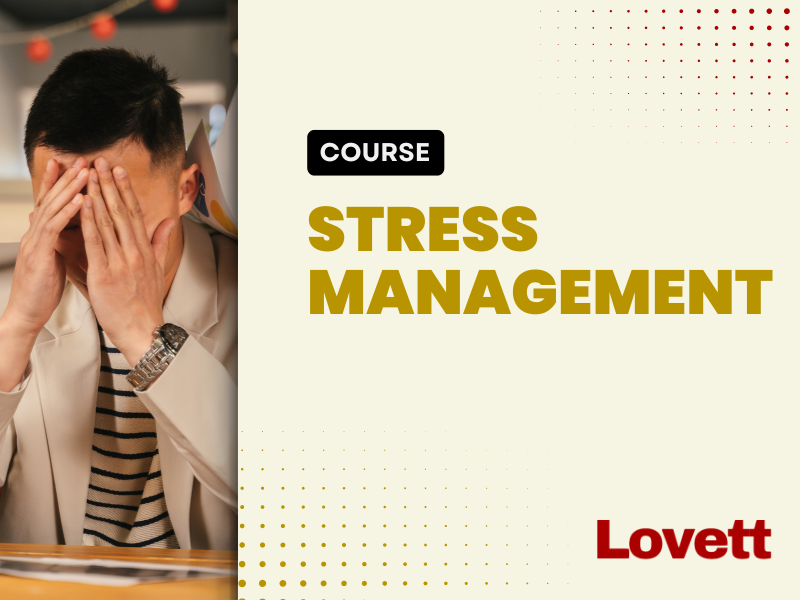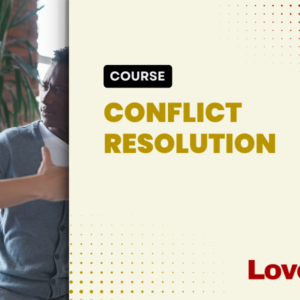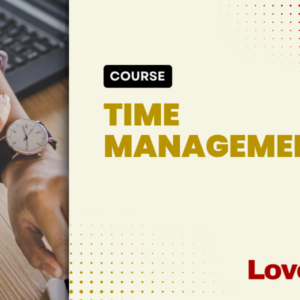Description
Course Objectives
By the end of this course, participants will be able to:
- Identify personal stressors and understand their impact on mental and physical health.
- Utilize various stress management techniques and strategies.
- Develop a personalized stress management plan.
- Apply mindfulness and relaxation techniques to reduce stress.
- Evaluate the effectiveness of different stress management approaches.
Course Outline
Module 1: Understanding Stress
- Content:
- Definition of stress
- Types of stress (acute, chronic)
- The stress response (fight or flight)
- Impact of stress on health (mental, physical, emotional)
- Activities:
- Group discussion: Share personal experiences with stress
- Identifying 3 reasons for stress
Module 2: Identifying Stressors
- Content:
- Common stressors in daily life (work, relationships, finances)
- Tools for identifying personal stressors (journaling, self-assessment)
- Activities:
- Guided reflection: Journal about recent stressful situations
- Create a stressor map
Module 3: Stress Management Techniques
- Content:
- Time management and prioritization
- Healthy lifestyle choices (diet, exercise, sleep)
- Cognitive-behavioral techniques for reframing thoughts
- Activities:
- Group activity: Time management workshop
- Individual assignment: Create a healthy living plan
Module 4: Mindfulness and Relaxation Techniques
- Content:
- Introduction to mindfulness meditation
- Breathing exercises and progressive muscle relaxation
- Visualization techniques for stress relief
- Activities:
- Explain mindfulness meditation
- Write a relaxation technique process
Module 5: Creating a Personalized Stress Management Plan
- Content:
- Components of an effective stress management plan
- Setting realistic goals and objectives
- Monitoring progress and making adjustments
- Activities:
- Individual project: Draft a personalized stress management plan
- Peer review: Share plans with a partner for feedback
Module 6: Evaluating and Adjusting Your Plan
- Content:
- Assessing the effectiveness of stress management strategies
- Tools for self-evaluation and reflection
- When to seek professional help
- Activities:
- Create a self-assessment stress survey
- Group discussion: Share experiences and adjustments to plans
Assessment
1. Participation and Engagement (20%)
- Active participation in discussions and activities throughout the course.
2. Journal Reflections (30%)
- A one-week journal of entries reflecting on stress experiences, insights from modules, and application of techniques learned.
3. Personalized Stress Management Plan (30%)
- A comprehensive plan that includes identification of stressors, techniques to manage them, and a schedule for implementation.
4. Final Reflection and Evaluation (20%)
- A reflective essay discussing the overall experience of the course, what techniques were most helpful, and how the management plan will be adjusted over time.
Conclusion
This course aims to empower participants with the knowledge and skills needed to effectively manage stress. By fostering a supportive learning environment, participants can share experiences and strategies that enhance their overall well-being.








Reviews
There are no reviews yet.